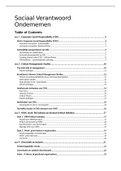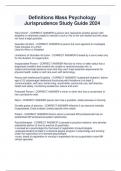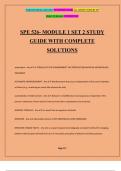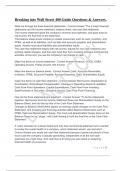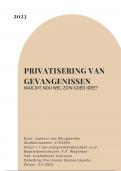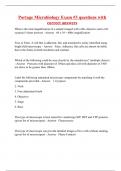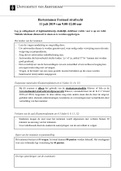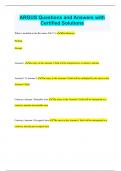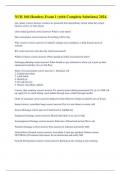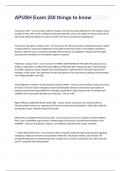Summary
Samenvatting Sociaal verantwoord ondernemen, , 17/20
- Course
- Institution
Deze samenvatting van het vak Sociaal verantwoord ondernemen (SVO) gevolgd aan de KuLeuven werd geschreven in schooljaar . Code van het vak : D0R27A Dit is een vak uit de master Personeel en Organisatie van de richting Toegepaste economische wetenschappen (TEW). Hier vindt u de lesnotities en an...
[Show more]
